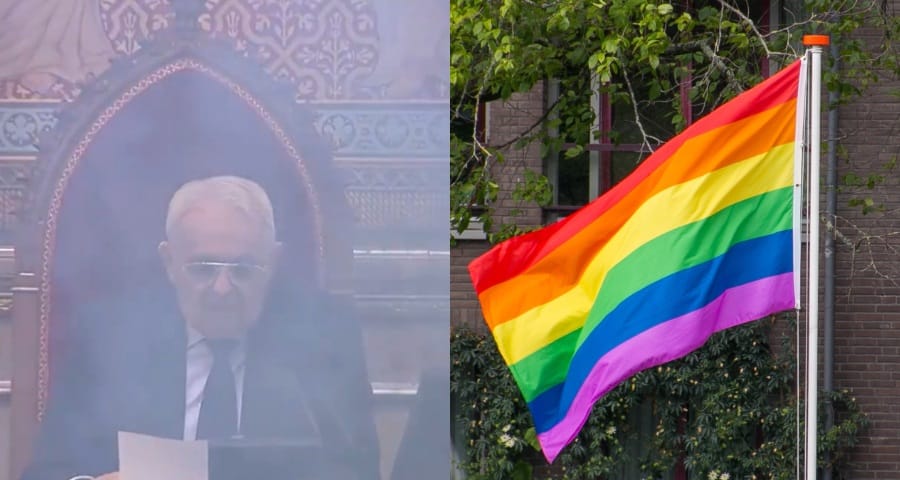Hungary’s latest legislative move to ban public LGBT+ Pride events has ignited fierce controversy and widespread condemnation from human rights organizations, the European Union, and activists worldwide.
Passed on March 18, 2025, by Prime Minister Viktor Orbán’s Fidesz-led parliament, the law restricts freedom of assembly and expression, escalating concerns about the erosion of democratic rights in the country.
Legislative Context and Details
The law, swiftly passed with a 136-27 vote, amends Hungary’s assembly regulations to make it an offense to hold or attend public LGBT+ Pride events. The government justifies the measure as a child protection effort, citing existing 2021 legislation that bans the “depiction or promotion” of homosexuality to minors in media, literature, and education.
Key provisions of the new law include:
- Penalties: Fines of up to 200,000 Hungarian forints ($546) for attending banned events, with proceeds directed toward “child protection.”
- Surveillance Measures: Authorities can employ facial recognition technology to identify individuals at prohibited gatherings, raising serious privacy concerns.
- Content Restrictions: Reinforcement of prior regulations requiring booksellers to wrap LGBT+-themed books in closed packaging to limit exposure.
- Government Rationale: Officials argue the policy safeguards children from “sexual propaganda,” a claim widely dismissed by critics as a pretext for discrimination.
The law was fast-tracked through parliament in an accelerated process, receiving approval just a day after its initial submission, minimizing public debate and legislative scrutiny.
Human Rights and Privacy Implications
By criminalizing public Pride events, Hungary is restricting the right to freedom of peaceful assembly, a fundamental human right protected under international law, including the European Convention on Human Rights. Pride events serve as a platform for visibility, advocacy, and equality, and banning them exacerbates discrimination and social exclusion.
The use of facial recognition for law enforcement has drawn particular alarm from digital rights advocates, who warn that such measures could have broader consequences beyond the LGBT+ community. The potential for government overreach and surveillance abuse is a major concern, with critics arguing that it could discourage political activism and dissent.
Political and Social Backlash
The law has provoked strong reactions both domestically and internationally:
- Opposition Protests: Opposition lawmakers from the Momentum party disrupted the parliamentary vote with smoke bombs, signaling fierce resistance.
- Public Demonstrations: Thousands of protesters took to the streets of Budapest, blocking the Margaret Bridge and chanting anti-government slogans in defiance of the new law.
- International Condemnation: The European Union, Amnesty International, and Human Rights Watch have all condemned the legislation, calling it an attack on fundamental freedoms.
- Budapest Pride Response: Organizers labeled the law “fascism” and vowed to continue their fight for LGBT+ rights and freedom of assembly in Hungary.
The European Commission is likely to escalate legal and diplomatic actions against Hungary, as it previously did in response to the 2021 child protection law, which is still under scrutiny in the EU’s highest court.
Comparative Context and Broader Impact
Hungary’s latest move aligns it with Russia’s restrictive LGBT+ policies, with critics noting Orbán’s increasing use of minority scapegoating to rally conservative support ahead of the 2026 elections. Observers warn that such measures could encourage other European governments to adopt similarly repressive laws, potentially threatening human rights across the continent.
The framing of LGBT+ issues as a child protection concern is a common tactic in anti-LGBT+ rhetoric, further stigmatizing the community and fueling misinformation. Measures such as book restrictions and media censorship reflect a broader agenda of cultural control that extends beyond Pride events.
Conclusion
Hungary’s ban on LGBT+ Pride events represents a significant regression in human rights, suppressing freedom of expression and assembly under the guise of child protection. The law not only marginalizes the LGBT+ community but also introduces dangerous surveillance measures that could have wider implications for civil liberties.
